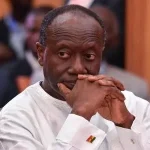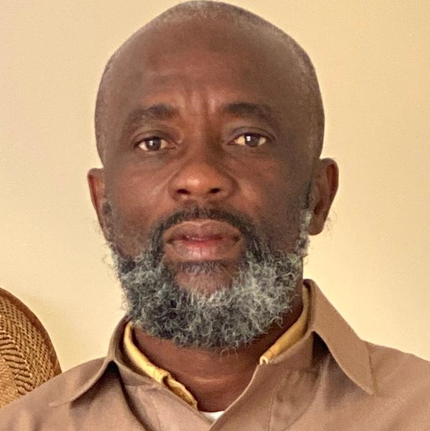Discussions about women’s empowerment dominate news headlines and policy formulations across the world. Now more than ever, government, civil society organizations, and all other relevant stakeholders are giving prominence to the empowerment of women to take up critical positions at every facet of our lives.
While developed countries have made giant strides in their women’s empowerment agenda, developing countries continue to lag behind. In Ghana, the Affirmative Action Bill, which aims to set a threshold for women’s representation in policy decision-making at 40%, remains unpassed in Parliament since 2011. Ghana Business News reported on 29/03/2023 that the bill has been resubmitted to Cabinet for consideration. The lackadaisical attitude towards the passing of the bill makes one wonder if women’s empowerment is a priority for our leaders.
Currently, only 14.5 percent of our parliamentarians are women, and the situation is worse in our district assembly system where less than 5 percent are women. Ghana is still nowhere near the United Nations’ 30 percent threshold of women’s representation in decision-making spaces, even though there are more women in Ghana than men. Women also continue to face a myriad of challenges ranging from gender-based violence, low access to quality education and healthcare, and inadequate economic opportunities. Stereotypes about women exchanging their bodies for grades, jobs, and other favours remain deep-seated in our national psyche.
Women in rural areas, however, face far worse challenges as relevant social amenities and economic opportunities are hard to come by in such areas. It is rather sad to note that old men, including teachers in rural areas who should know better, take advantage of the ignorance and vulnerabilities of young girls in such areas and rob them of their brighter futures with teenage pregnancies. In 2022, a young girl in one rural area who volunteers at the Akurase Mpuntuo Foundation mentored to apply for the MasterCard Foundation Scholarship at KNUST bizarrely rejected the scholarship when it was offered her to pursue a four-year degree program. Rumours have it that a basic schoolteacher she was dating in the community advised her not to accept the scholarship because he felt other men at KNUST would snatch the girl away from him when she goes there. The girl is now struggling to pay her fees in a training college.
Women’s empowerment’s priority to our development partners remains incontestable. It was with no surprise that the US Vice President, Kamala Harris, pecked women’s empowerment as the first point that her government will work with African governments to achieve in her remarks to a section of Ghanaians at the Black Star Gate on 28th March 2023. The development partners, together with the government, civil society organizations, and all other interested stakeholders, are encouraged to pay critical attention to the empowerment of women, including young girls in rural areas. The vulnerable rural girl child too needs empowerment and should not be left behind.
Email Address: akurasempuntuo@gmail.com
















